Publications
Articles, publications, books, tools and multimedia features from the U.S. Institute of Peace provide the latest news, analysis, research findings, practitioner guides and reports, all related to the conflict zones and issues that are at the center of the Institute’s work to prevent and reduce violent conflict.
Question And Answer
Blinken’s China Trip Shows Both Sides Want to Stabilize Ties
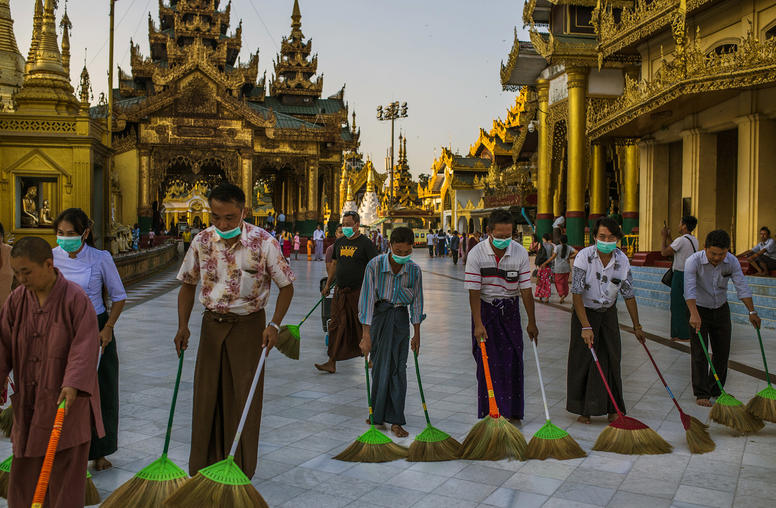
The Coronavirus Challenges Myanmar’s Transition
Like other nations dealing with armed conflicts, Myanmar faces destabilizing risks from the COVID pandemic. The country’s young democratic transition depends on a general election expected in November, yet the government and civil society are overburdened with the struggle against the coronavirus. Meanwhile, signs are growing that the army is using the COVID emergency to strengthen its influence over government and society. Preparing a fair, inclusive election amid this crisis poses the toughest test in years for Myanmar’s democratic transition—and the process must begin in earnest now.
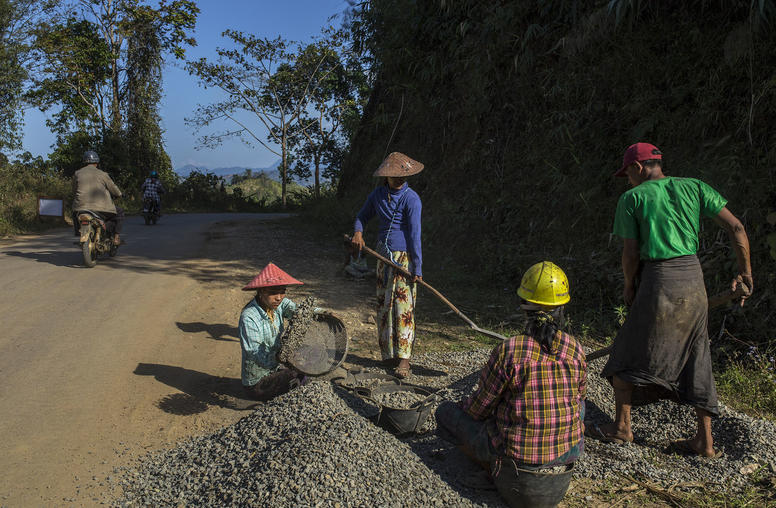
China Using Pandemic Aid to Push Myanmar Economic Corridor
From almost the moment Myanmar detected its first case of COVID-19 on March 23, China jumped to aid its neighbor to the south. China’s army, navy, and government agencies, as well as companies, showered nearly every level of Myanmar’s government and military with health assistance. The question for Myanmar civil society groups was whether the help came with strings attached. On May 21, they got their answer: After a phone call between Chinese leader Xi Jinping and Myanmar’s President U Win Myint about COVID-19 response and Chinese assistance, Xi moved to a second agenda item—the implementation of 33 cooperative economic agreements signed during his historic visit to Myanmar in January. Of particular concern: co-construction of the multi-billion-dollar China-Myanmar Economic Corridor.
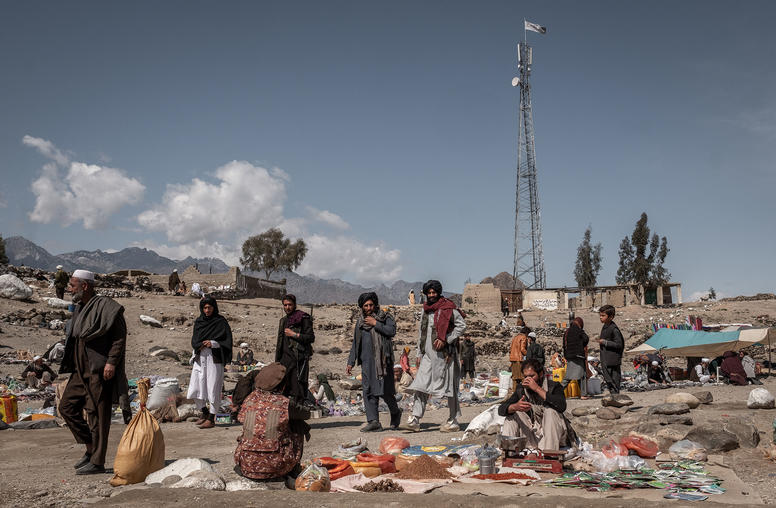
Is the Afghan Peace Process Back on Track?
A three-day cease-fire between the Taliban and Afghan government over Eid al-Fitr expired on Tuesday. This was only the second such cessation of hostilities in the nearly two-decade war. And just two weeks ago, President Ashraf Ghani and his rival, Abdullah Abdullah, agreed to share power after a monthslong dispute over the 2019 presidential election. These developments have injected renewed hope that a political solution, negotiated among Afghans, is still possible. USIP’s Scott Smith looks it all means for the peace process, when we can expect the vital intra-Afghan negotiations to begin, and what, if any, impact COVID-19 has had on peace.
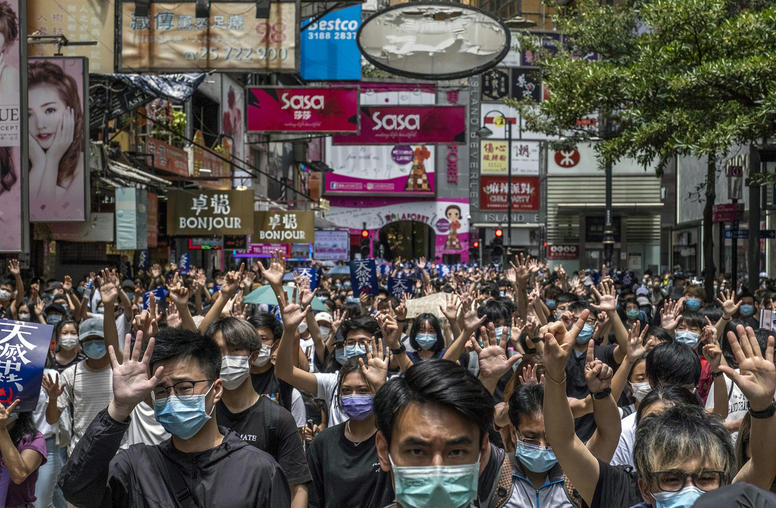
Beijing Legislation Reignites Hong Kong Protests
In Hong Kong, protesters have once again taken to the streets to push back against China’s efforts to assert further control over the territory. After a year of intense demonstrations calling for greater autonomy from the mainland, Hong Kong is now facing proposed legislation from Beijing that would broadly curtail citizens’ rights and freedoms. USIP’s Patricia Kim and Rachel Vandenbrink examine the proposed legislation, how the coronavirus pandemic is affecting the situation, and what the U.S. can do in response.
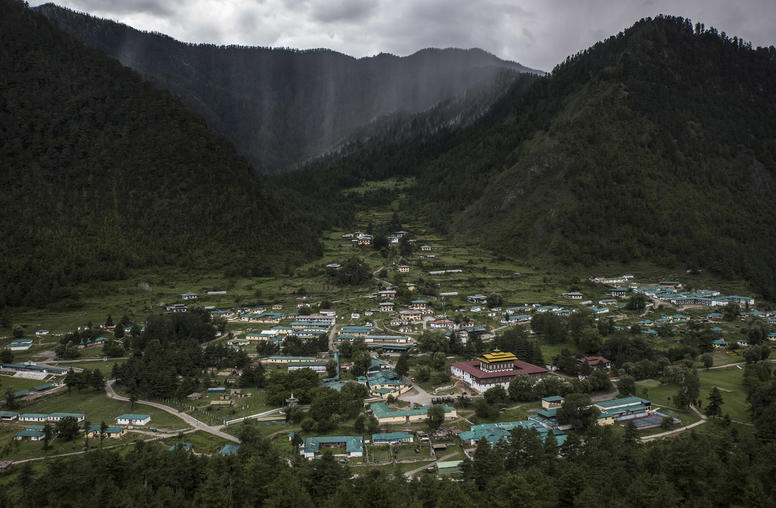
India and China Come to Blows in the Himalayas
In early May, a fistfight broke out between Chinese and Indian soldiers along the disputed border between the world’s two most populous, nuclear-armed nations. A few days later, Chinese soldiers confronted Indian soldiers at several other points along the Line of Actual Control (LAC), which has served as the de facto border between the two countries since the 1962 Sino-Indian war. Both countries have more recently ramped up their military presence in the region. This escalation of tensions comes as China has turned increasingly assertive in its neighborhood, and as the world grapples with the COVID-19 pandemic. USIP’s Vikram J. Singh, Jacob Stokes, and Tamanna Salikuddin look at the causes behind the flare-up and its potential consequences.
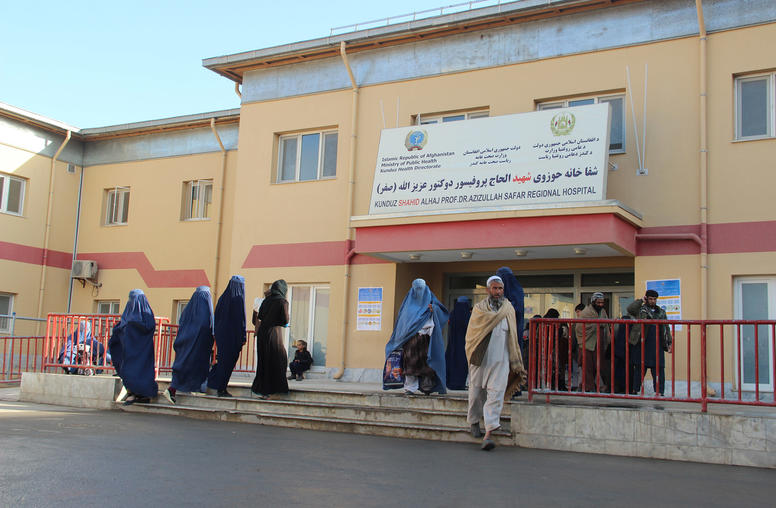
Coronavirus Complicates an Already Dire Situation for Afghan Women
Amid the coronavirus pandemic many countries around the world have reported an alarming increase in domestic violence. Indeed, U.N. Secretary-General Antonio Guterres has called for measures to address the “horrifying surge in domestic violence” linked to COVID-related lockdowns. In Afghanistan—one of the worst countries in the world for women by almost any metric—the lockdown exacerbates the dire situation many Afghan women already face. As the Afghan peace process inches forward amid a global pandemic, Afghan women’s inclusion and input are critical to combatting COVID and building peace.
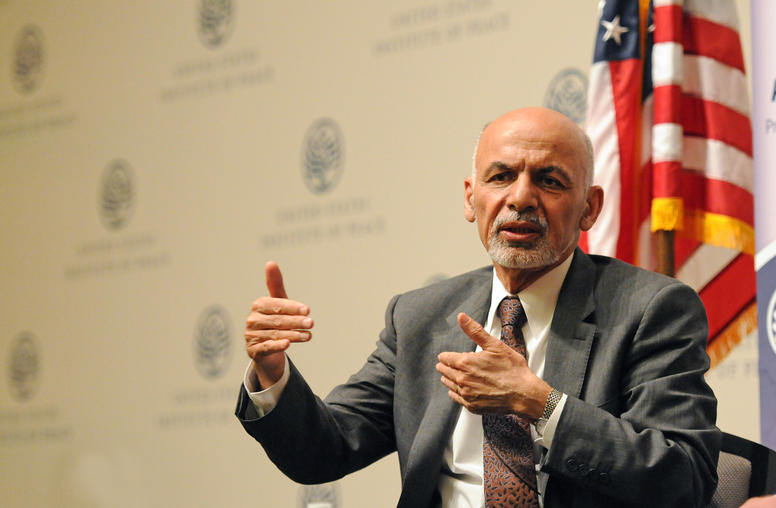
Afghan President Ghani: Freeing Prisoners Can Speed Peace Talks
Afghanistan’s government is accelerating its release of thousands of Taliban prisoners as a step toward peace talks, President Ashraf Ghani told an online audience today. The number of prisoners freed should now surpass 3,000, Ghani said, announcing that 2,000 more will be released “within a very short period.” That move, taking the total of freed Taliban fighters to 5,000, would fulfill a central Taliban pre-condition for peace talks. Ghani voiced optimism that a rare “window of opportunity” has opened for peace negotiations, but said further steps are vital to seize the chance to end the nation’s 40-plus years of warfare.
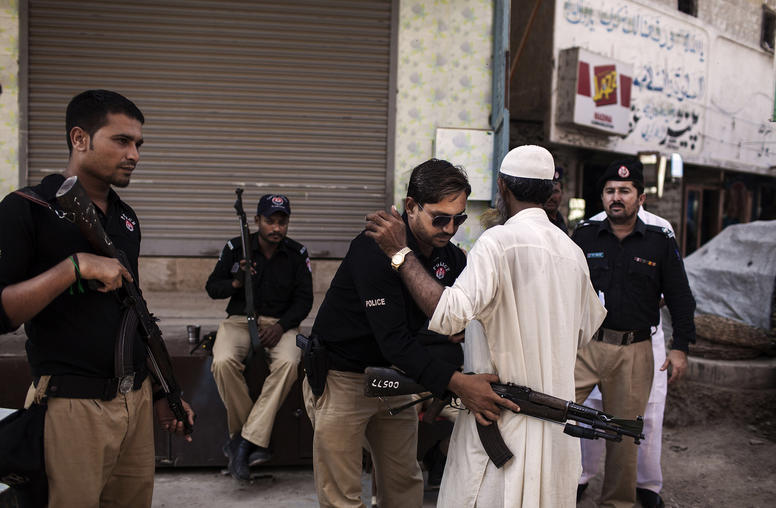
Coronavirus Pandemic Puts Police in the Spotlight in Pakistan
Police in Pakistan have found themselves in an unprecedented situation since the outbreak of the COVID-19 pandemic earlier this year. Under-resourced and poorly trained, they have struggled to ensure compliance with public health restrictions—such as lockdowns and social distancing—against a backdrop of Pakistan’s overarching governance challenges. With only outdated legal frameworks and conventional training and education to rely on, the police have largely responded to violations with corporal punishment, detentions, and arrests—actions that have been reported by the media and widely condemned.
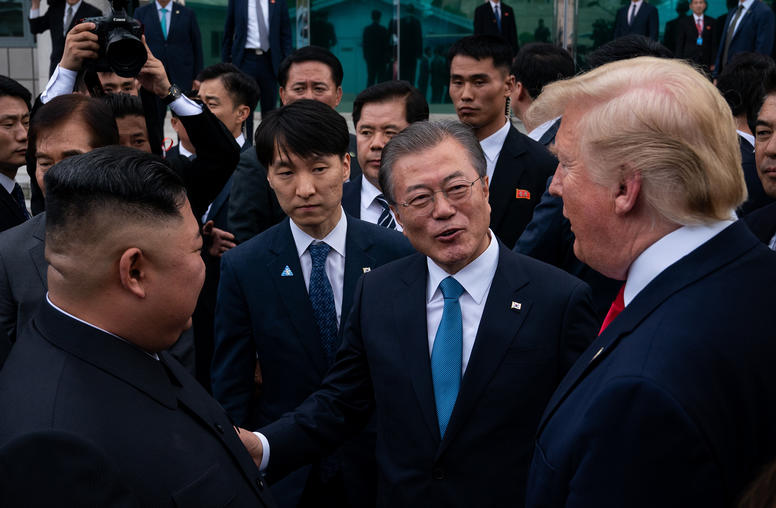
North Korea Blew Up Its Liaison Office with the South. What Now?
North Korea’s demolition this week of an inter-Korean liaison office that symbolized North-South cooperation marks a new spike in tensions between the countries, and in North Korean frustration with the United States. It was the latest in a string of inflammatory rhetoric and actions directed at Seoul and Washington since the failure of the February 2019 summit in Hanoi between President Trump and North Korean leader Kim Jong-un. The building’s demolition renews strains over North Korea’s ongoing development of a nuclear weapons arsenal, the corresponding global sanctions against Pyongyang’s illicit behavior and the 67-year failure to formalize a peace treaty following the Korean War. USIP analysts Patricia Kim and Frank Aum discuss the latest downturn.
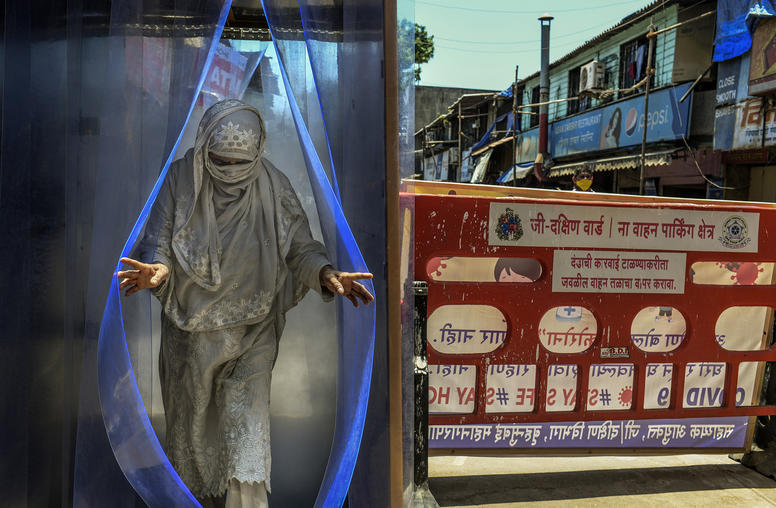
Coronavirus Tightens its Grip on South Asia
In South Asia, home to some of the world’s most densely populated nations, the COVID-19 pandemic has tightened its grip—causing infections to soar, battering economies, and plunging many into poverty. Governments have mostly struggled to cope.